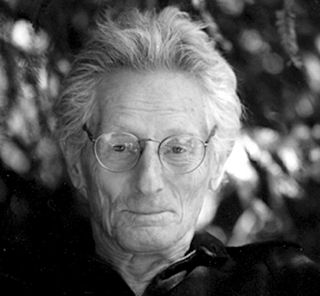A Quote by Alexander Chee
Characters to me are like sonnets, they have limits that you obey which allow a force to enter in, an invention that makes the novel possible. Change the limits and the force leaves. The novel becomes impossible.
Related Quotes
In the spiritual domain, criticism is love turned sour... If criticism becomes a habit, it will destroy the moral energy of the life and paralyze the spiritual force... Whenever you are in a critical temper, it is impossible to enter into communion with God. Criticism makes you hard and vindictive and cruel, and leaves you with the flattering unction that you are a superior person. It is impossible to develop the characteristics of a saint and maintain a critical attitude.
The whole system is under tremendous strain. Although the increasing pace of change is essential for developing new solutions, it is also pushing society to its limits. In global structures, it all comes to a head in the form of sudden crises. This leads to tipping point situations in which the seemingly impossible becomes possible.
A novel is not an allegory.... It is the sensual experience of another world. If you don't enter that world, hold your breath with the characters and become involved in their destiny, you won't be able to empathize, and empathy is at the heart of the novel. This is how you read a novel: you inhale the experience. So start breathing.
But to be perfectly frank, this childish idea that the author of a novel has some special insight into the characters in the novel ... it's ridiculous. That novel was composed of scratches on a page, dear. The characters inhabiting it have no life outside of those scratches. What happened to them? They all ceased to exist the moment the novel ended.
In the province of the mind what one believes to be true, either is true or becomes true within certain limits. These limits are to be found experimentally and experientially. When so found these limits turn out to be further beliefs to be transcended. In the province of the mind there are no limits.
The libertarian approach is a very symmetrical one: the non-aggression principle does not rule out force, but only the initiation of force. In other words, you are permitted to use force only in response to some else's use of force. If they do not use force you may not use force yourself. There is a symmetry here: force for force, but no force if no force was used.
It's very bad to write a novel by act of will. I can do a book of nonfiction work that way - just sign the contract and do the book because, provided the topic has some meaning for me, I know I can do it. But a novel is different. A novel is more like falling in love. You don't say, 'I'm going to fall in love next Tuesday, I'm going to begin my novel.' The novel has to come to you. It has to feel just like love.






































